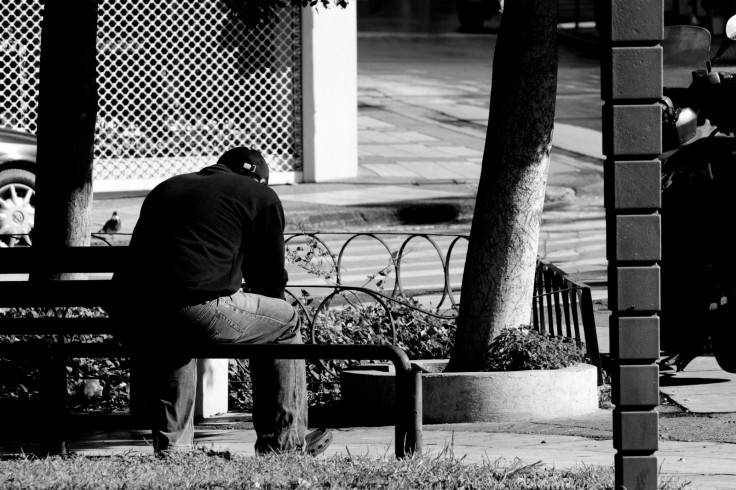Loneliness is an evolutionary response that's meant to help us, but it backfires in modern society
Feeling lonely can make people more focused on their own needs rather than those of others.

Many people feel lonely at times, but for some people it becomes a vicious circle they can't escape. Psychologists now think they have found a way to help people break out of this.
Meaningful social interaction is a basic human need. But loneliness is widespread, particularly among older people whose connections with family and friends have decayed. Including all age groups, 30 to 40% of people feel constantly lonely.
People also face more health problems if they feel alone compared with those who feel well connected. They may even die earlier as a result.
In a decade-long study published in the Personality and Social Psychology Bulletin, psychologists found that lonely people tended to become more self-centred.
This is an evolutionary response, they say, as people who don't have others to look out for them have to look out for themselves.
But it has the unfortunate consequence of increasing someone's loneliness, leading them into a spiral from which it can be hard to break out.
"If you get more self-centered, you run the risk of staying locked in to feeling socially isolated," said study author John Cacioppo, director of the Center for Cognitive and Social Neuroscience at the University of Chicago.
The study analysed 11 years' worth of data from a random sample of 229 older Americans, between the ages of 50 and 68. It is the first to find a positive-feedback loop between loneliness and self-centredness.
"Humans evolved to become such a powerful species in large part due to mutual aid and protection and the changes in the brain that proved adaptive in social interactions," Cacioppo said.
"When we don't have mutual aid and protection, we are more likely to become focused on our own interests and welfare. That is, we become more self-centered."
While this strategy might have worked over an evolutionary time frame, in modern society it doesn't do us much good.
"In contemporary society this may well make it harder for people to get out of feelings of loneliness," Cacioppo said.
The findings could lead to better evidence-based ways to help people break out of the spiral of loneliness. Although exact interventions aren't detailed in the study, tackling self-centredness with a focus on others' welfare might be one way to help.
© Copyright IBTimes 2025. All rights reserved.






















